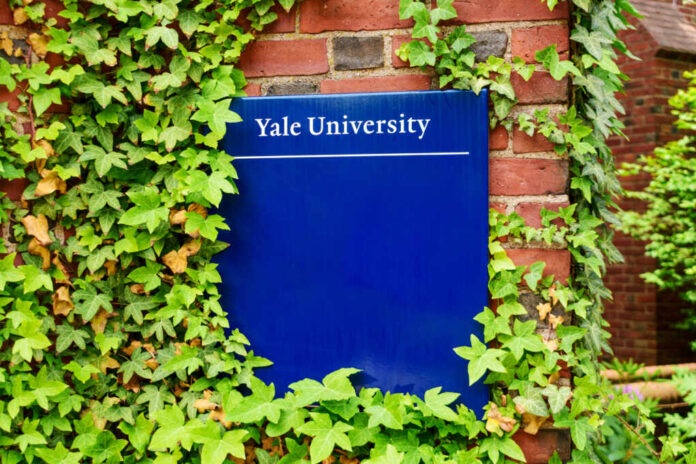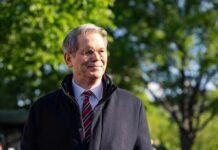
Yale professor Jason Stanley abandons his prestigious position to relocate to Canada, citing fears of America turning into a “fascist dictatorship” under Trump’s administration.
At a Glance
- Jason Stanley, a Yale professor and expert on fascism, is leaving to work at the University of Toronto due to concerns about the U.S. political climate.
- Stanley claims his decision was influenced by Columbia University’s compliance with Trump administration demands following campus protests.
- The professor compares his departure to Jewish intellectuals fleeing Nazi Germany in the 1930s.
- He cites concerns for his children, who are Black and Jewish, as part of his motivation to leave.
- Stanley criticizes American universities for not collectively opposing what he characterizes as attacks on academic freedom.
Yale Professor Calls America “Fascist” As He Heads to Canada
Jason Stanley, a philosophy professor at Yale University known for his work on fascism, has accepted a position at the University of Toronto. Stanley, who has served as a vocal critic of the Trump administration, announced his departure amid what he describes as America’s shift toward authoritarianism. His move to Canada comes as part of what he portrays as a necessary relocation to escape a deteriorating political environment in the United States.
Stanley’s decision follows what he characterized as concerning developments at American universities, particularly Columbia University’s response to campus protests. The professor has criticized Columbia for what he views as capitulation to government pressure, implementing increased security measures and policy changes that he claims undermine academic freedom and free speech principles.
Drawing Historical Parallels
In explaining his departure, Stanley has drawn controversial comparisons between current American politics and Nazi Germany in the 1930s. The son of Holocaust survivors, Stanley has framed his relocation as similar to Jewish intellectuals who fled Europe before World War II—a comparison that many critics find grossly exaggerated and historically inappropriate.
“I would have wanted all of our universities to collectively band together and loudly call B.S. on the charge that somehow intellectuals and universities by allowing free speech and protest are threatening Jewish students.” said Jason Stanley.
Stanley has positioned his departure as a moral stance rather than simply a career move. He repeatedly emphasized his desire “to raise my kids in a country that is not tilting towards a fascist dictatorship,” a claim that has drawn both support from like-minded academics and criticism from those who view his assessment of American democracy as alarmist and overblown.
Family Considerations and Academic Concerns
Stanley’s decision also stems from personal considerations regarding his family. He has expressed specific concerns about raising his children, who are Black and Jewish, in what he perceives as an increasingly hostile political environment. His move comes at a time when some academics have reported feeling increased pressure around political speech and academic freedom at American universities.
“When I saw Columbia completely capitulate, and I saw this vocabulary of, well, we’re going to work behind the scenes because we’re not going to get targeted – that whole way of thinking pre-supposes that some universities will get targeted, and you don’t want to be one of those universities, and that’s just a losing strategy” said Jason Stanley.
In interviews, Stanley has criticized what he describes as “educational authoritarianism,” claiming that restrictions on academic inquiry and curriculum are warning signs of broader authoritarian tendencies. While at the University of Toronto, he will hold the Bissell-Heyd chair in American Studies, a position that allows him to continue his research while remaining geographically close to the United States.
Part of a Larger Trend?
Stanley’s departure may represent a smaller part of what some are characterizing as an academic “brain drain” from American institutions. Reports suggest that other faculty members at Yale and across the United States are considering similar relocations due to concerns about the political climate. Some universities in Canada and Europe are reportedly seeing increased interest from American academics exploring positions abroad.
Despite his relocation, Stanley has indicated that he hopes to eventually return to the United States and has framed his move as temporary. He continues to express commitment to supporting American democratic institutions and academic freedom, albeit from his new position in Toronto. Critics, however, view his departure as an overreaction to normal political cycles and democratic processes in the United States.

























